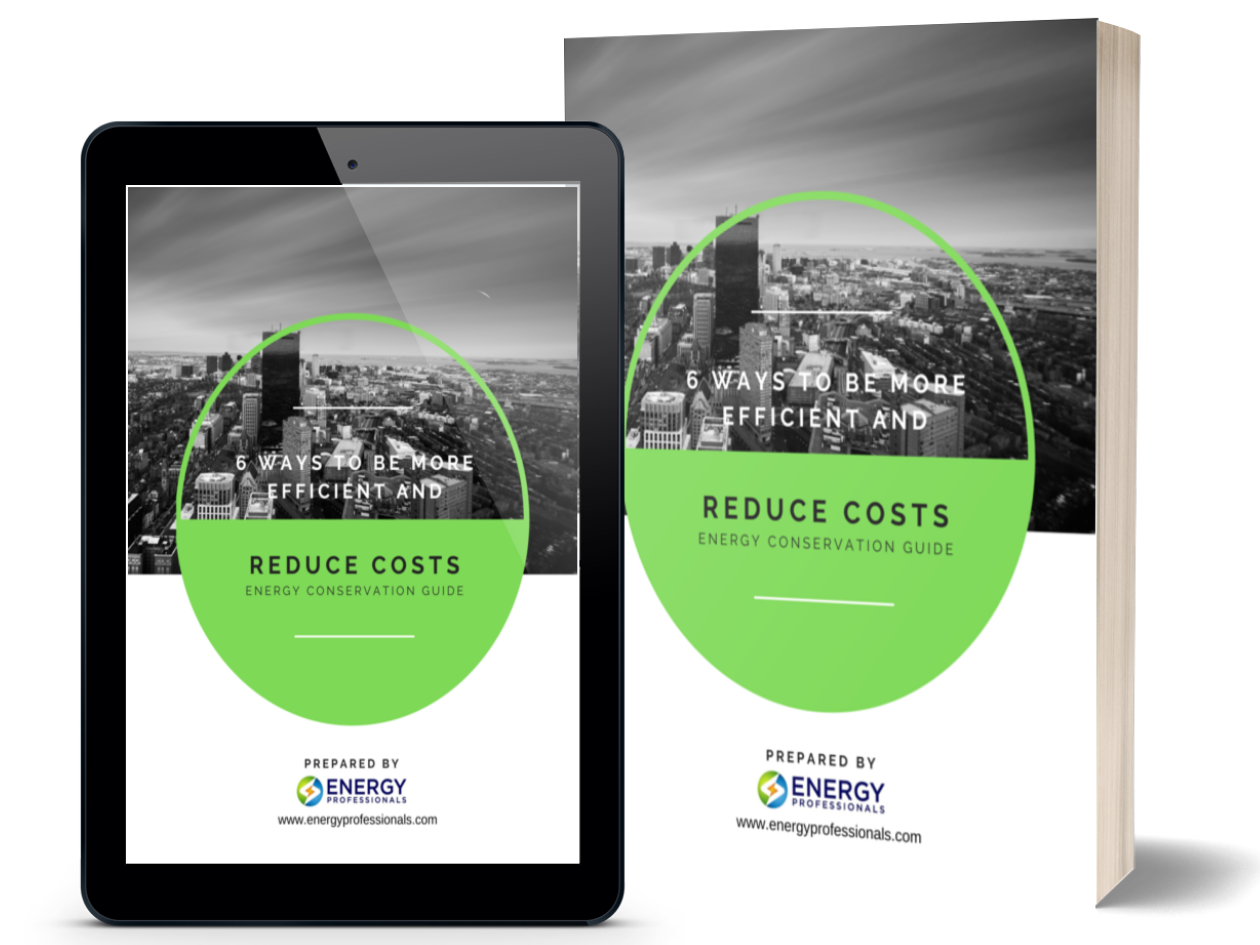In Sweeping Actions on Climate, Biden to “Pause” Oil and Gas Leasing
Energy News Flash In Sweeping Actions on Climate, Biden to ‘Pause’ Oil and Gas Leasing – New York Times Article,

Energy News Flash In Sweeping Actions on Climate, Biden to ‘Pause’ Oil and Gas Leasing – New York Times Article,
Yesterday President Biden signed a package of executive orders elevating climate change at every level of the federal government, a move that the administration says will put the United States on the path to reducing its share of emissions that are warming the planet.
Taking the first significant steps toward one of Mr. Biden’s most controversial campaign promises, the orders will direct the secretary of the Interior Department “to pause on entering into new oil and natural gas leases on public lands and offshore waters to the extent possible” while beginning a “rigorous review” of all existing fossil fuel leases and permitting practices, according to a fact sheet provided by the White House.
Overhauling the tax breaks — worth billions of dollars to the oil, coal, and gas industries — to help pay for Mr. Biden’s $2 trillion climate change plan was also a major campaign promise.
Both plans are expected to face strong opposition in Congress.
Wednesday’s executive orders also set broad new foreign policy goals. They will formalize the role of former Secretary of State John Kerry as Mr. Biden’s new international envoy on climate change, with a seat on the National Security Council. And the orders will specify that climate change, for the first time, will be a core part of all foreign policy and national security decisions.
The United States has struggled to meet its promises under the Paris Agreement, the agreement among nations to fight climate change; under those terms the nation had pledged to slash emissions up to 28 percent below 2005 levels by 2020. Nevertheless, Mr. Biden’s orders will kick off a process to develop new and more ambitious targets that will be announced in advance of a major United Nations summit at the end of the year.
“The United States will exercise its leadership to promote a significant increase in global ambition,” the White House said in a statement on Wednesday. Both significant short-term and longer-term emissions goals, like achieving net-zero global emissions by 2050, “are required to avoid setting the world on a dangerous, potentially catastrophic, climate trajectory,” it said.
Next week, we will release a new report with a prediction on how this will impact the natural gas market, and ultimately what you pay for electricity and natural gas for your home and business.
Also read, Energy Update | 25 January 2021
Ray Franklin
Senior Commodity Analyst
Energy Professionals
Article source, New York Times: https://www.nytimes.com/2021/01/27/climate/biden-climate-executive-orders.html


Don't have one? You can get one by calling us at 855-4-PKIOSK.
Energy Professionals is committed to finding its customers the best possible rates on electricity and natural gas. Tell us your location and service type and our energy manager will connect you to the most competitive offers.
Switching to an alternate supplier is easy. There is no chance of service disruption, and you'll continue with your current utility for energy delivery and emergency service. Take a few minutes to discover your best offers, and enjoy the benefits of retail energy in your home or business.
1. Energy Type
2. Service Type
3. Zip Code
4.Local Company
5.Zone
We believe that knowledge is power. Here’s a free e-book that provides business solutions to reducing energy costs.
Download E-Book Free Energy Audit




